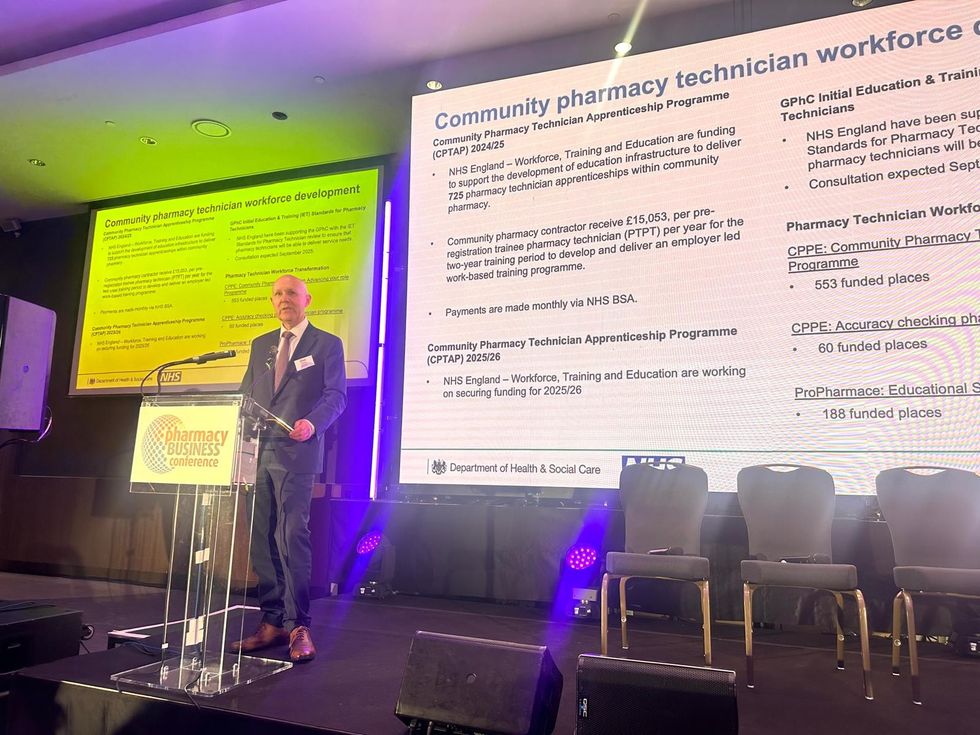Pharmacy is still considered a good career choice. If you like to serve people it is an ideal career. If you have the correct academic requirements and of course a license to practice, you are likely to find work earning a good salary even if you have little or no previous work experience. A career in pharmacy is probably still a good bet, a little like a good sportbet.
The job of a pharmacist involves dispensing prescribed medicines to patients and providing information concerning the safe use of them. Pharmacists can find work in hospitals and clinics, pharmacies, supermarkets and often now in some general stores.
Study to become a Doctor of Pharmacy (Pharm D) takes around 4 years to complete. Following this, a further number of tests will need to be passed in order to receive the recognized license to practice.
Pharmacists can earn good salaries and the hours are often very flexible. It is also a profession which carries with it a relatively high status and pharmacists are seen and respected as medical professionals.
It is expected that there will be an increased demand for pharmacists in all the varied healthcare facilities. Such facilities will need pharmacists to check patients’ medications and to also provide testing for things like blood sugar and cholesterol. There is an aging population and they generally take more medications. This, together with the higher numbers of those with chronic health issues like diabetes will lead to increased demands for medicine. The need for pharmacists is, therefore, likely to increase.
Reasons to start on a career in Pharmacy in 2020
Beginning on a new career path is exciting. More so if the chosen career is one where you will be helping and aiding people, like in the medical field. If you have an interest in healthcare, then Pharmacy could be a good career path for you. However, it is important to know what exactly will be expected of you. Below are some factors to keep in mind whilst considering a career in pharmacy.
Working hours
Pharmacies are generally not 9 to 5 working environments. The schedules are likely to be irregular and there are often night shifts. In the beginning many new employees. Particularly pharmacy technicians, may be given the night shifts but this will likely change as you move up the hierarchy and have more of a say in your schedule.
Going from Pharmacy Technician to Pharmacist
The first step may be to obtain a certificate as a pharmacy technician. This gives you basic knowledge about the subject. This may also prepare you for the more intense and higher academic requirements needed to become a pharmacist. The certificate for a pharmacy technician is perfect to enter the field and will give you to up to date healthcare information needed.
Pharmaceutical career options
There are many options for a career in pharmacy and this makes it a career which can suit many different types of people. Those who like interaction with people will be perfect for customer service type environments like retail pharmacies. Those who prefer less work with the public can find employment in hospitals and even mail order pharmacies.
A career in Pharmacy is quite a secure choice
We have an increasing older population. There is now a growing need for more pharmaceutical intervention. New medicines are being found to treat conditions previously untreatable which means more pharmacists will be needed.
Good communication skills are a requirement
Good social skills are a must. It is vital that pharmacy workers have the ability to work well with others, co-workers and customers. Those working with the public in retail pharmacies must be comfortable and have good customer service skills. Customers are likely to need help understanding their prescriptions and over the counter medications. In environments where the pharmacist is not dealing directly with the customer, it is still crucial to have good communication skills with colleagues, be they doctors or general co-workers, as this ensures patient safety.
The ability to focus on the details is vital
The actions of a pharmacist are critical and can literally mean life or death for those people they are providing medications for. Attention to detail is crucial. The pharmacist needs to make sure that the patient is receiving the correct medicine and that it is the exact amount required. The patient is relying on their expertise. Working quickly but still paying strict attention to detail is one of the many challenges of being a pharmacist.
Being good at mathematics is also useful
Working as a pharmacist or a pharmacy technician often requires that they use math skills to make sure that the proper amount of medication is calculated. It is also likely that they will need to use chemistry skills when it comes to mixing different medicines and compounds for their patients.
Most pharmaceutical work is not deskbound
Most pharmacists will spend most of the day standing or on the move. Investing in a good comfortable pair of shoes is a good idea. The majority of time is spent interacting with customers, filling prescriptions or checking inventory. There is very little downtime. However, you can feel proud that the work you are doing is contributing to the health and well-being of patients.
Career pathways in pharmacy
- Retail Pharmacists provide medicine at drug and grocery stores. The salaries are generally very good but it can often mean working long and difficult hours.
- Working in Clinical Pharmacy means working in hospitals and is usually as part of a medical team. The work may include doing hospital rounds with doctors, determining the correct medicines and doses for each patient.
- A Pharmacist in a Long-Term Care facility provides treatment to patients who are generally elderly or those unable to care for themselves. Pharmacists working in this environment generally do not work directly with patients as this is done by nurses who deliver the drugs to patients.
- Nuclear Pharmacyinvolves measuring and delivering radioactive materials which is used for, amongst other things, digital imaging. This usually requires pharmacists to begin work very early in the morning so this is something that should be considered when thinking of working in Nuclear Pharmacy.
- Pharmacists can work in the Home Infusion and Chemotherapy fields. This involves providing chemotherapy drugs, antibiotics and those drugs specifically for gastrointestinal problems.
- Working as a pharmacist on a Contract, Temporary or Hourly basis. This is often a good way to check out if a career in pharmacy is what you are looking for. It offers a lot of job flexibility and reasonable working hours.
- Working at a Pharmaceutical Benefit Management Company is also a possibility. Companies have agreements with healthcare insurance companies concerning drug reimbursement on different medical plans they offer.
There are of course pros and cons to working in Pharmacy. It does require hard work and commitment. However, the majority of those who choose a career in pharmacy will find the work incredibly worthwhile and rewarding.











![Potential Side Effects of Mounjaro [What You Need to Know]](https://www.pharmacy.biz/media-library/image.jpg?id=54516976&width=1245&height=700&quality=90&coordinates=0%2C29%2C0%2C29)


 Health Secretary Wes Streeting addresses Pharmacy Conference via video
Health Secretary Wes Streeting addresses Pharmacy Conference via video  David Webb, chief pharmaceutical officer of NHS England
David Webb, chief pharmaceutical officer of NHS England Shailesh Solanki, executive editor of Pharmacy Business
Shailesh Solanki, executive editor of Pharmacy Business L-R: Yasmin Karsan, Pritee Panchmatia and Fin McCaul
L-R: Yasmin Karsan, Pritee Panchmatia and Fin McCaul  L-R: Baba Akomolafe, Rachna Chhatralia, Patricia Tigenoah-Ojo and Raj Matharu
L-R: Baba Akomolafe, Rachna Chhatralia, Patricia Tigenoah-Ojo and Raj Matharu L- R: Nicola Stockmann, Robert Townsend, Atul Patel and Amerjit Singh
L- R: Nicola Stockmann, Robert Townsend, Atul Patel and Amerjit Singh Wole Ososami, lead pharmacist at Westbury Chemist
Wole Ososami, lead pharmacist at Westbury Chemist
